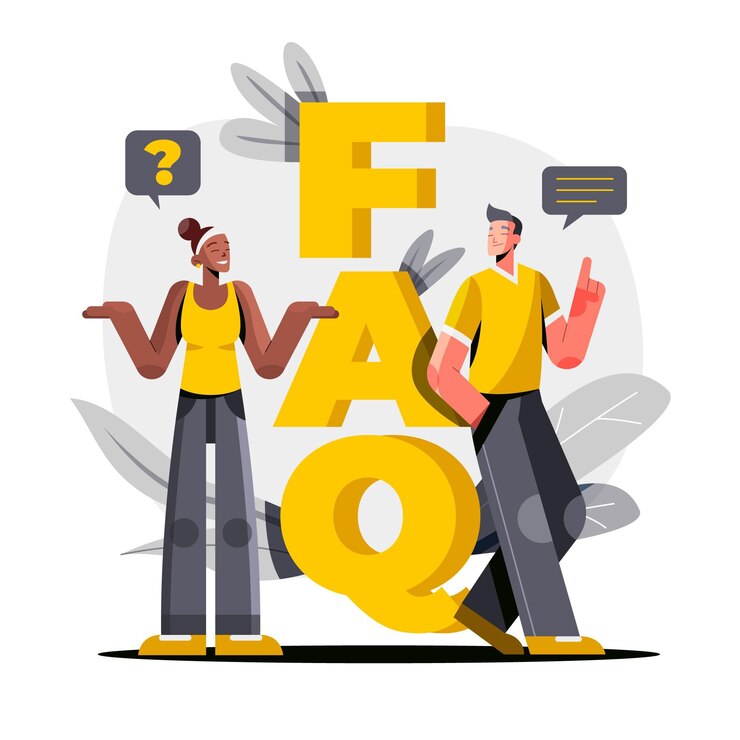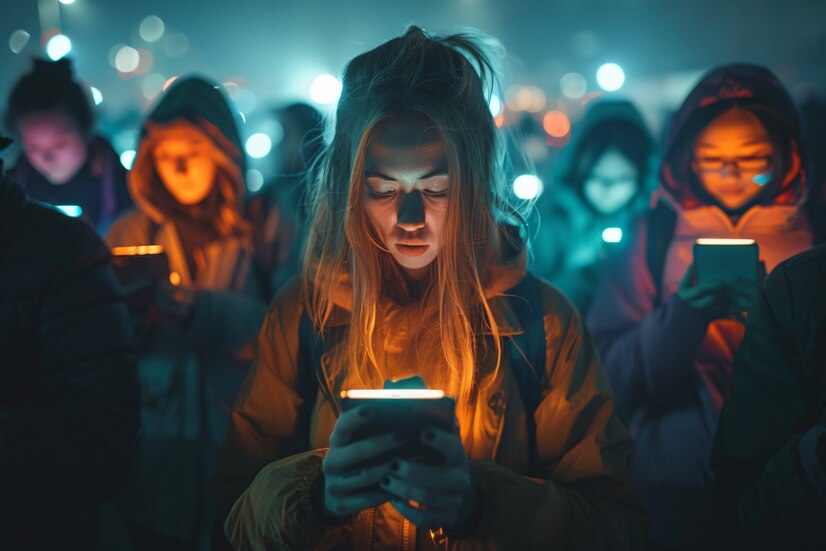Table of contents
In today’s digitally connected world, social media plays a central role in how we communicate, consume information, and express ourselves. While platforms like Instagram, Facebook, TikTok, and X (formerly Twitter) can enhance our lives in many ways, they can also negatively affect mental health, self-esteem, and productivity if not used mindfully. That’s why navigating social media in a healthy way has become a vital life skill in the modern age.
Whether you’re a daily user, a digital creator, or just someone who wants to strike a better balance, this guide will help you develop healthier habits and more intentional digital boundaries.
The Importance of Navigating Social Media Mindfully
Social media is a powerful tool. It can connect us with people around the world, offer valuable education and inspiration, and even drive business or creative growth. But without intentional use, it can also lead to:
- Comparison and low self-esteem
- Information overload
- Sleep disruption
- Increased anxiety or depression
- Wasted time and reduced productivity
That’s why navigating social media in a healthy way means using it with purpose, boundaries, and awareness of its effects on your well-being.
Signs Your Social Media Habits May Be Unhealthy
Wondering if your relationship with social media needs adjusting? Here are a few red flags:
- You feel anxious or stressed after scrolling
- You constantly compare your life to others
- You check your phone first thing in the morning or last thing at night
- You struggle to focus on tasks without checking your apps
- You feel disconnected from real-life relationships
Recognizing these signs is the first step toward reclaiming control over your digital experience.
Tips for Navigating Social Media in a Healthy Way
1. Set Clear Intentions
Before logging on, ask yourself: “Why am I opening this app?” Is it to connect, learn, or relax—or just out of habit? Being intentional helps reduce mindless scrolling.
2. Limit Screen Time
Use built-in tools like app timers or “Focus” modes to limit how much time you spend on each platform. Try setting specific time slots for social media use rather than checking randomly throughout the day.
3. Curate Your Feed
Follow people who uplift, inspire, or educate you. Unfollow or mute accounts that trigger comparison, negativity, or anxiety.
4. Take Regular Breaks
Digital detoxes—whether for a weekend or a full week—can help reset your mind. Step away from screens and spend time engaging with the real world.
5. Engage Meaningfully
Instead of just lurking or liking, leave thoughtful comments, share encouragement, or start genuine conversations. Quality over quantity is key when it comes to online interactions.
6. Avoid Social Media Before Bed
Late-night scrolling can disrupt your sleep and over-stimulate your brain. Try logging off at least 30–60 minutes before bedtime and replace that time with reading, meditation, or journaling.
FAQs About Navigating Social Media

It means using social media with purpose and self-awareness—knowing how it affects your emotions, time, and energy, and making conscious choices to use it in ways that support your well-being.
Remind yourself that most people post highlight reels, not real life. Curate your feed to include authentic, diverse content and take breaks when comparison creeps in.
Absolutely. Taking regular breaks can reduce stress, improve focus, and help you reconnect with yourself and your surroundings.
Focus on what you’re gaining by being present in your real life. Practice gratitude and remind yourself that social media doesn’t show the full story.
Yes, when used positively. Following mental health advocates, engaging with uplifting content, and joining supportive online communities can enhance mental wellness.
Final Thoughts on Navigating Social Media
Navigating social media in a healthy way is not about deleting all your apps or swearing off the internet. It’s about creating mindful boundaries, being intentional, and making your digital space a source of joy and inspiration instead of stress and self-doubt.
Your mental health, time, and energy are valuable. Protect them by using social media in ways that align with your values, priorities, and goals. When used with awareness, social media can empower—not drain—you.





